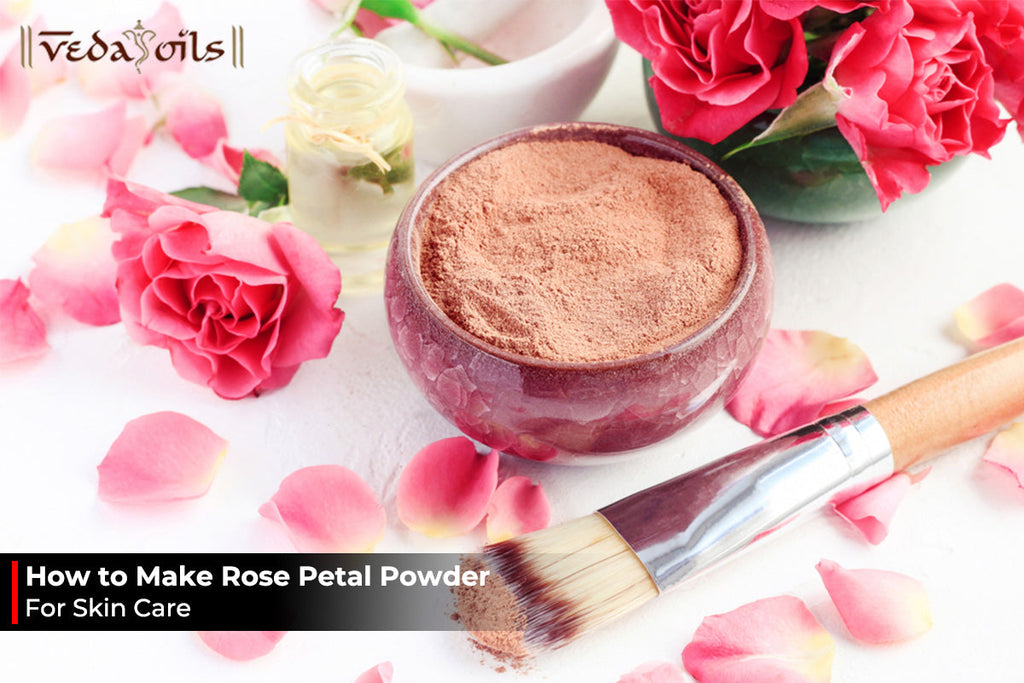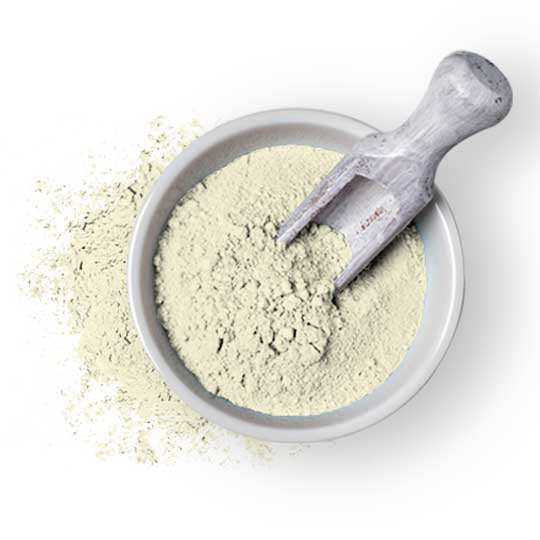Dimethicone In Skin Care - Benefits & Uses
Would phrases like "smooth," "velvety," and "silky" come to mind when imagining the texture of your perfect body cream or moisturizer? Undoubtedly, yes. What's less visible makes our favorite products feel buttery and delicious. What's the answer to that question? Dimethicone. Dimethicone, a kind of silicone, may already be on your radar—but for a less pleasant reason.
Spend any time on the internet researching dimethicone. You'll come across arguments and claims about how the ingredient (and silicones in general) clog pores and cause acne, but you'll also come across publications that suggest the reverse. The discussion over whether Dimethicone is harmful or necessary in our skincare products is raging, and we would like to educate you more about it.
What is Dimethicone?
Dimethicone, also known as polydimethylsiloxane (PDMS), is a synthetic polymer of silicon (a natural element of the Earth) and an emollient that increases skin smoothness by sealing the crevices between the topmost layer of the skin. Dimethicone is commonly utilized in skincare products as a skin protectant. Dimethicone, the second most prevalent moisturizing ingredient after petrolatum, helps to condition the skin, enhancing its smoothness and elasticity.
Dimethicone Benefits In Skin Care
Dimethicone leaves a very slight gloss-like but mattified sheen on your skin after use. It contains an ingredient called emollient. Emollients are chemicals that soften and moisturize the skin while also helping to reduce itching and flaking. In cosmetics and skin care products, it has the following functions:

Creates a Silky Feel
Silicones (particularly Dimethicone) are utilized in cosmetic products primarily for their sensory characteristics. They give topical creams and lotions a silky smooth finish and allow for a light texture and non-greasy sensation that distributes swiftly and effortlessly. Using Dimethicone in moisturizing products will make it a pleasurable experience when applying it to your skin.
Fills Your Skin Pores
Dimethicone helps to fill up pores and small wrinkles, effectively smoothing the skin's surface texture, which is why it's on the ingredient list of many primers. It's an excellent barrier against water, air, and other external elements and a great way to lock in what's beneath it, making it a fantastic protective ingredient.
Seals hydration
Dimethicone also has occlusive properties, which means it can seal in hydration while keeping out external moisture and irritants by generating a water-resistant coating on the skin. It also forms a barrier on the skin that protects against transepidermal water loss (TEWL), which can cause inflammatory diseases. It successfully fills the skin's pores and seals in moisture.
Doesn't Clog Your Pores
Dimethicone's best feature is that it is non-comedogenic. It's hypoallergenic and won't clog your pores. As a result, it's perfect for acne-prone and sensitive skin. Even persons with oily skin may find it suitable because it does not make their skin feel greasy. It's widely utilized in oil-free formulas to provide long-lasting moisturization without blocking pores because of these characteristics.
Protects the Skin
It protects the skin from moisture and irritants that might cause dermatitis. A strong skin barrier protects the skin from microorganisms and allergens that can irritate it. Dimethicone is commonly used in formulations for mild skin irritations and diaper rashes and in some formulations to assist in healing minor wounds and cuts because of its protecting and moisturizing characteristics.
Smooths texture
Dimethicone is primarily used to improve the texture of items by assisting in the creation of a smooth, silky texture. Dimethicone's distinctive liquid texture allows the product to be applied to the skin smoothly and evenly. Dimethicone does not penetrate the skin but instead sits on top, protecting it and allowing for easy application.
Gives matte finish
Dimethicone is a fantastic pre-makeup component because of its smooth and slightly mattified texture. It helps to smooth the skin by filling up fine lines and wrinkles. Dimethicone is ideal for primers since it helps makeup application by filling texture and creases, thus creating a mattified finish.
Dimethicone Uses For Skin
Dimethicone is used in various skincare, cosmetics, and personal care products. Dimethicone is primarily utilized to improve the texture and sensory feel of formulations, but it also provides several other skin advantages.

- Dimethicone is a moisturizer used to treat dry, rough, scaly, itchy skin and minor skin irritation. Dimethicone is also rich in emollients. Emollients are chemicals that soften and moisturize the skin while also helping to reduce itching and flaking.
- This drug is mainly used to prevent the skin from extreme irritation. Excessive water loss in the upper layer of the skin layer causes dry skin.
- Emollients create an oily coating on top of the skin that traps moisture.
- Some luxurious and popular products containing Dimethicone are Fenty Beauty Pro Filt'r Soft Matte Longwear Foundation, Smashbox Photo Finish Oil & Shine Control Primer, La Mer The Concentrate, and CeraVe Moisturising Lotion.
Is Dimethicone Safe To Use?
Dimethicone's safety has been called into doubt, with accusations that it is poisonous and accumulates in the body. Regulatory authorities have thoroughly investigated Dimethicone in several countries.

- The Cosmetic Ingredient Review Expert panel in the United States evaluated the available safety data and concluded that Dimethicone is safe for its intended usage.
- The US Food and Drug Administration, the European Union's Inventory of Cosmetic Ingredients group, and the World Health Organization have all endorsed this conclusion.
- Topical dimethicone-containing products in the United States are limited to 30% dimethicone, while the World Health Organization recommends that oral dimethicone consumption be limited to 1.5mg/kg body weight.
- These limits are much lower than the concentration or dosage that has caused an adverse reaction.
Conclusion
Whether Dimethicone is helpful for the skin has sparked heated debate. While research suggests it is safe, we cannot dismiss anecdotal evidence. Furthermore, many people dislike the texture and feel of Dimethicone and silicone-based cosmetics on their skin.
In some people, Dimethicone can work like magic and radically transform the texture of their skin, while in others, it might cause dryness and breakouts. It's ultimately your decision. Several silicone-free options are available; however, give any of these dimethicone products a try and see how your skin reacts.
You May Also Like:
Buy Products
Related Articles
-
 How to Make Marble Candles | DIY Marble Pillar Candle
How to Make Marble Candles | DIY Marble Pillar Candle -
 DIY Tanning Oil - Best Homemade Recipes For Tan Removal
DIY Tanning Oil - Best Homemade Recipes For Tan Removal -
 Homemade Mustache Wax: Best DIY Recipe With Natural Ingredients
Homemade Mustache Wax: Best DIY Recipe With Natural Ingredients -
 Kojic Acid vs. Glycolic Acid: Which Is Better for Skin Whitening?
Kojic Acid vs. Glycolic Acid: Which Is Better for Skin Whitening? -
 5 Best Grades of Essential Oils - The Grading System
5 Best Grades of Essential Oils - The Grading System -
 How to Make Rose Petal Powder For Skin Care Homemade Recipe
How to Make Rose Petal Powder For Skin Care Homemade Recipe
Disclaimer :- This article is intended for informational and educational purposes only and should not be considered a substitute for professional medical advice. For specific health concerns or treatment, please consult your personal physician. The article's editor, writer, and VedaOils organization do not assume any responsibility for any health outcomes resulting from the information provided. Readers are strongly encouraged to seek advice from their physician before acting on any recommendations made in these articles.
















 Sign in
Sign in Register now
Register now My Reward Points
My Reward Points









